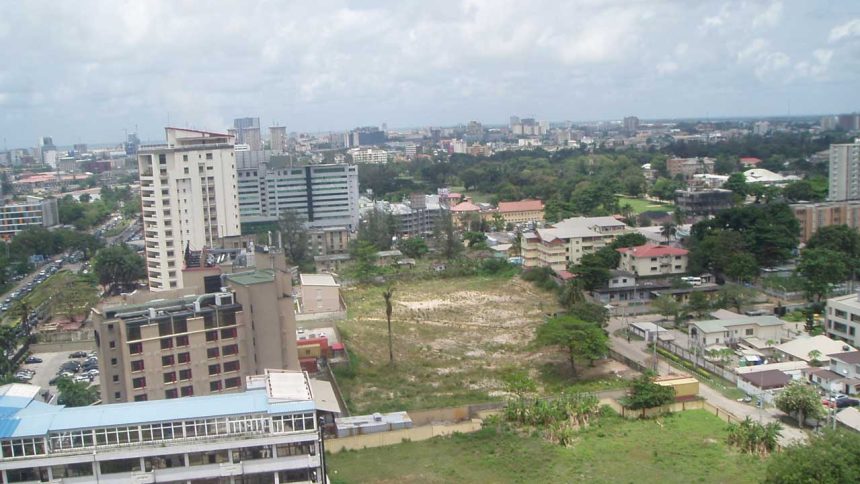At the launch of Shalom Park Estate Condominiums in Lagos, real estate developer Oluremi Oshikanlu highlighted major challenges facing housing affordability in Nigeria.
The project, developed by IFT Realty Limited, showcases modern housing but Oshikanlu says access to such homes remains out of reach for many citizens.
High Land and Building Costs Driving Prices Up
Oshikanlu explained that rising costs especially for land and building materials are a major reason many Nigerians cannot afford to buy homes. He noted that prices for essentials like cement and sand have surged. For example, a truckload of sand now costs around ₦165,000, while a bag of cement is ₦11,000.
These soaring prices, he said, make it nearly impossible to build affordable homes. Developers have no choice but to pass on the extra cost to buyers, making even small homes too expensive for middle- and low-income earners.
The Mortgage System Is Broken
He also emphasized that real estate in Nigeria operates like a “cash-and carry business, which is unsustainable. Without affordable mortgages, only the wealthy can buy property.
“Give Nigerians a 30-year mortgage at a 6% interest rate and remove the cost of land, permit delays, and security expenses,” he said. “Then we can deliver homes at ₦20 million, with a profit margin of just ₦5 million.”
Government Must Lead Housing Development
Oshikanlu called on the government to intervene directly in the housing sector. He urged federal and state authorities to acquire land, build infrastructure, and work with developers to deliver affordable housing. According to him, no private investor can solve the 28 million housing unit deficit alone.
“Low-cost housing doesn’t happen without government support anywhere in the world,” he said. “It’s too difficult and too expensive.”
He suggested that each state could build 10,000 homes, especially since state governors control the land. All that’s needed is political will and the right policy framework.

Diaspora Funds Driving Growth But Creating a Gap
Interestingly, Oshikanlu praised the role of the Nigerian diaspora in driving real estate growth. He described remittances as the “real foreign direct investment” keeping the market alive.
“Millions of dollars, pounds, and euros come in every day,” he said. “Diaspora buyers are even reviving towns like Epe, Ijebu Ode, and Ogbomosho, which were previously abandoned.”
However, he warned that this growth has made things worse for Nigerians living at home. As diaspora buyers spend more, housing prices rise, pushing locals further out of the market especially with inflation and bank lending rates now above 30%.
A National Housing Strategy Is Needed
To fix the system, Oshikanlu called for a coordinated housing policy that includes developers, unions, cooperatives, and government agencies. “We need collaboration at all levels,” he said. “Housing should be treated as a national project.”



